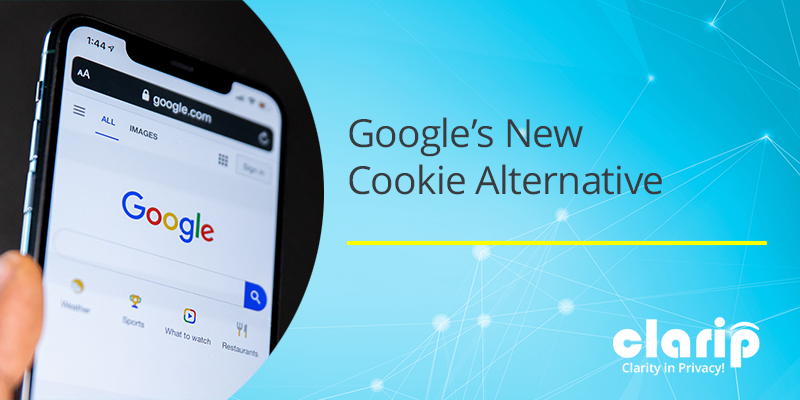Google’s New Cookie Alternative

Google’s Privacy Sandbox has been an initiative to “improve web privacy for users, while also giving publishers, creators, and other developers the tools they need to build thriving businesses, ensuring a safe and healthy web for all” according to Vinay Goel, Product Director working on the Privacy Sandbox for Chrome. He also acknowledges that advertising is essential for many businesses and helps support access to free content online.
Google recognized the coming end of cookies and set about finding alternatives to cookies. They wanted to find a solution that as Vinay mentioned improved user privacy while also allowing for effective advertising. For a while, Federated Learning of Cohorts (FLoC) was set to be the successor to cookies. FLoC’s approach to relevant advertising was to place individuals into cohorts, based on a recent browsing activity. Cohorts could consist of thousands of people.
In the advertisement marketplace, the potential buyer wouldn’t know the exact sites the individual had visited, but would know that the individual was in a cohort with people who had recently read up on baseball news and vaccine misinformation. Rather than knowing specifics about the individual, the potential advertisement buyer would be able to make general assumptions about the individual. The result is less appealing for advertisers, it is less precision about the consumer, but it is more favorable for the individual, who would observe a higher level of privacy than under the cookie regime.
FLoC has been set aside as not being a good enough solution to replace cookies. Some of the main reasons were the reduced amount of detail provided to the potential ad buyer, the inability of advertisers to show attribution for purchases, that Google would have so much control over it, and that it doesn’t protect user privacy from Google.
So, the next proposal is Topics. Topics consists of a three week lookback at user activity. For each of the past three weeks, Topics selects one topic that exemplifies the user’s browsing for that week. Topics are chosen on the user’s device, without involving Google servers. Topics are kept for only three weeks and old topics are deleted. Users will be able to see the topics and can remove any they don’t like or they can disable the feature entirely.
Google plans to thoughtfully curate the topics so that they don’t send unintentional identifiers, such as gender or race.
Google has managed to alleviate some of the concerns that critics had with FLoC. Google seems to exert less control over Topics than it would have over FLoC, where Google controlled the specificity of the cohorts. Topics also seem to have less privacy issues related to Google’s collection and maintenance of user data. Advertisers still won’t love the reduction in detail provided by Topics as compared to cookies, nor will attribution be possible.
From a privacy perspective, Topics is definitely an improvement over both cookies and FLoC. Changes in online tracking however, are only one piece of the puzzle. Companies will still be collecting user data and still need to comply with data privacy laws. That’s where Clarip can help. Clarip provides data privacy compliance solutions. We offer fully automated data subject access request fulfillment, website scanning, data mapping, vendor management, consent management, and more. Visit us at www.clarip.com or call us at 1-888-252-5653 to learn more!

 Data Risk Intelligence
Data Risk Intelligence Automated Data Mapping
Automated Data Mapping Do Not Sell/Do Not Share
Do Not Sell/Do Not Share Cookie Banner Solutions
Cookie Banner Solutions Consent & Preferences
Consent & Preferences Data Rights Requests
Data Rights Requests
